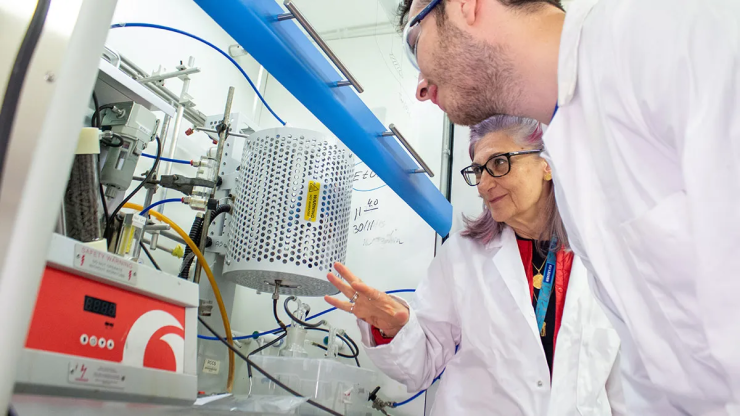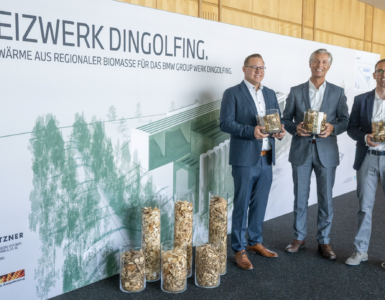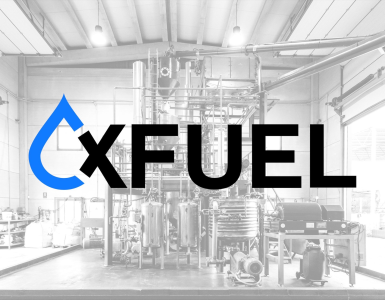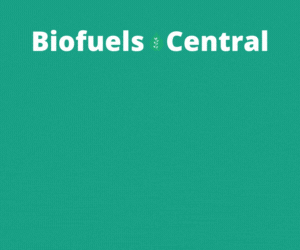PETRONAS and Heriot-Watt announce research partnership to jointly develop cost-effective technologies to produce hydrogen from biomass waste.
PETRONAS and Heriot-Watt University have entered into a research partnership to jointly develop cost-effective technologies to produce hydrogen from biomass waste, in line with both organisations’ aspiration for a carbon-neutral future and a circular economy.
The £1M research project is a collaboration under PETRONAS Centre of Excellence in Subsurface Engineering and Energy Transition (PACESET), one of the three Global Technology Centres established by PETRONAS and its academic partners to advance low-carbon and cleaner energy solutions. PACESET is based at Heriot-Watt University in Scotland, United Kingdom.
The research will advance techniques to use thermochemical reactions to produce hydrogen from biomass and other waste materials. Researchers will also explore solutions to address scalability and storage – main barriers in popularising hydrogen as an alternative energy – to promote adoption globally.
🔥 What about we co-host a webinar? Let's educate, captivate, and convert the biofuels economy!
Biofuels Central is the global go-to online magazine for the biofuel market, we can help you host impactful webinars that become a global reference on your topic and are an evergreen source of leads. Click here to request more details
The research will initially focus on utilising the estimated 4m tonnes of waste and by-products created by distilleries in the UK and the approximately 127m tonnes of agriculture waste generated annually in Malaysia for hydrogen production. The academic team will also explore storage solutions aiming to utilise depleted oil wells for pure hydrogen storage without the need to add natural gas for stability.
Professor Raffaella Ocone, who is leading the research at the university’s Institute of Geoenergy Engineering said:
Hydrogen is seen as a key contributor to the energy transition, but current production and storage methods face multiple scalability challenges.
“Biomass and biomass-derived fuels can be used to produce hydrogen sustainably and our multidisciplinary team is uniquely placed to address the current barriers by bringing together engineers, scientists, geologists, and industry partners.”
“Our research will initially develop new technologies to process and create hydrogen from different biomass waste products, completing a circular economy pathway and producing higher volumes than those currently achievable from existing production methods.”
“Our focus will be on technology that can scale because hydrogen remains a small contributor to our overall energy mix. For net zero ambitions to be met, this needs to change rapidly. Collaborators will be essential for the success of this research, and we welcome like-minded partners to join us.”
Dr Gboyega Bishop Falope, PETRONAS Group Research and Technology, Head (UK Research & Technology) said:
Sustainability is at the core of PETRONAS’ business model.
“We place high emphasis on reducing emissions through technological advancements and digitalisation, in line with our Net Zero Carbon Emissions by 2050 aspiration. We are confident this research will elevate the contribution hydrogen can make as part of the world’s energy mix, and to be part of the holistic solution that brings forth a sustainable future.”
Dr Aimaro Sanna, Heriot-Watt University Chemical and Process Engineering Assistant Professor who is a co-investigator in the project, said:
Creating new energy sources from waste products solves numerous global challenges including reducing landfill, and minimising carbon emissions.
“This hydrogen research is a significant step towards addressing the increased waste generated year on year across multiple sectors as well as building the potential for hydrogen as a sustainable energy source of the future.”
READ the latest news shaping the biofuels market at Biofuels Central
PETRONAS and Heriot-Watt announce research partnership, October 17, 2022








